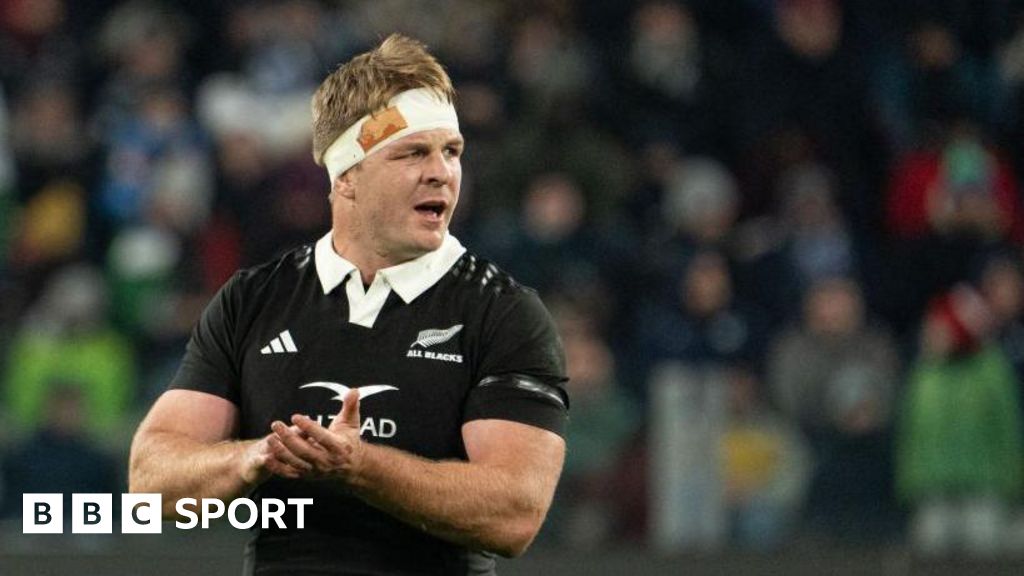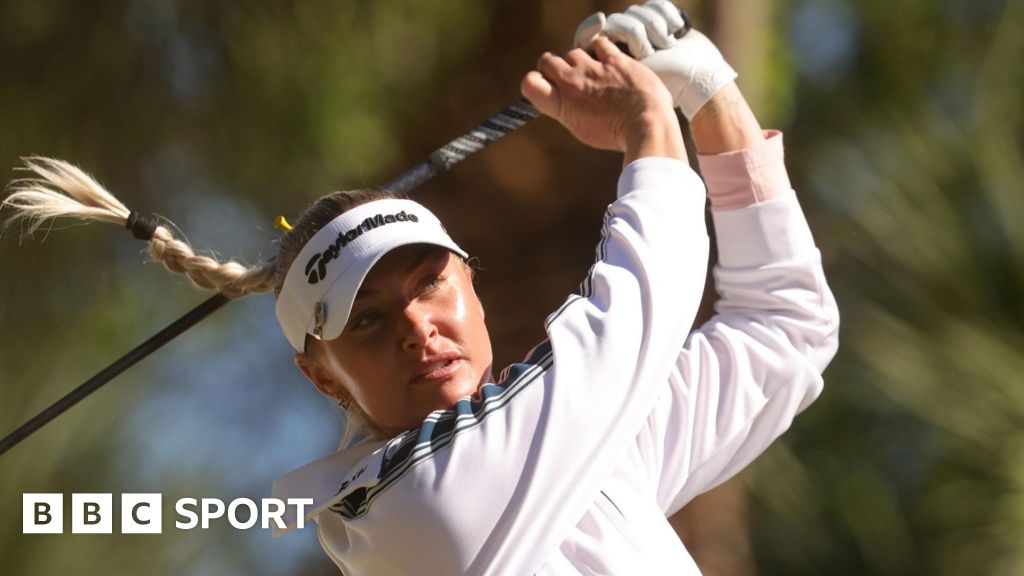ARTICLE AD BOX
Two-time Grand Slam finalist Stefanos Tsitsipas says playing ATP Masters 1,000 events over two weeks has been a "backwards move", as the debate over scheduling and player welfare continues.
Five of the ATP Tour's nine Masters events - the highest-ranked men's tournaments below the Grand Slams - are played over 12 days.
Events in Cincinnati and Canada will follow suit next year.
Former world number one Andy Roddick, speaking on his Served podcast, said the elongated Masters are leading to more injuries because players have less time to prepare.
Grrece's Tsitsipas said the Masters have "turned into a drag".
"The quality has definitely dropped," said Tsitsipas, who is ranked 12th in the world.
"Players aren’t getting the recovery or training time they need, with constant matches and no space for the intense work off the court."
Tsitsipas is among the leading players who have spoken out recently about what they see as increasingly unreasonable demands in scheduling.
Poland's five-time major champion Iga Swiatek said there are "too many tournaments in the season", while France's Caroline Garcia spoke about the mental impact of the "constant grind of tennis" after ending her season early.
Britain's Jack Draper said he feels the calendar will make it hard for the next generation to achieve "longevity".
The discussion has been reopened following the conclusion of the ATP event in Paris, which is one of the remaining week-long Masters.
"If the goal was to ease the calendar, extending every 1,000 to two weeks is a backwards move," Tsitsipas said.
"Sometimes it feels like they’re fixing what wasn’t broken."
ATP chairman Andrea Gaudenzi has said the expansion of the 1,000 events has increased financial opportunities for more players and enhanced recovery time.
"We recognise the concerns raised by some top players that longer events can introduce an element of fatigue or burnout related to being away from home for extended periods," he said in a statement to BBC Sport last month.
"However, players ultimately have the autonomy to craft their own schedules based on their priorities - a freedom that comes with being independent contractors, unlike many other sports where players are bound by fixed schedules."

 2 weeks ago
4
2 weeks ago
4








 English (US)
English (US)